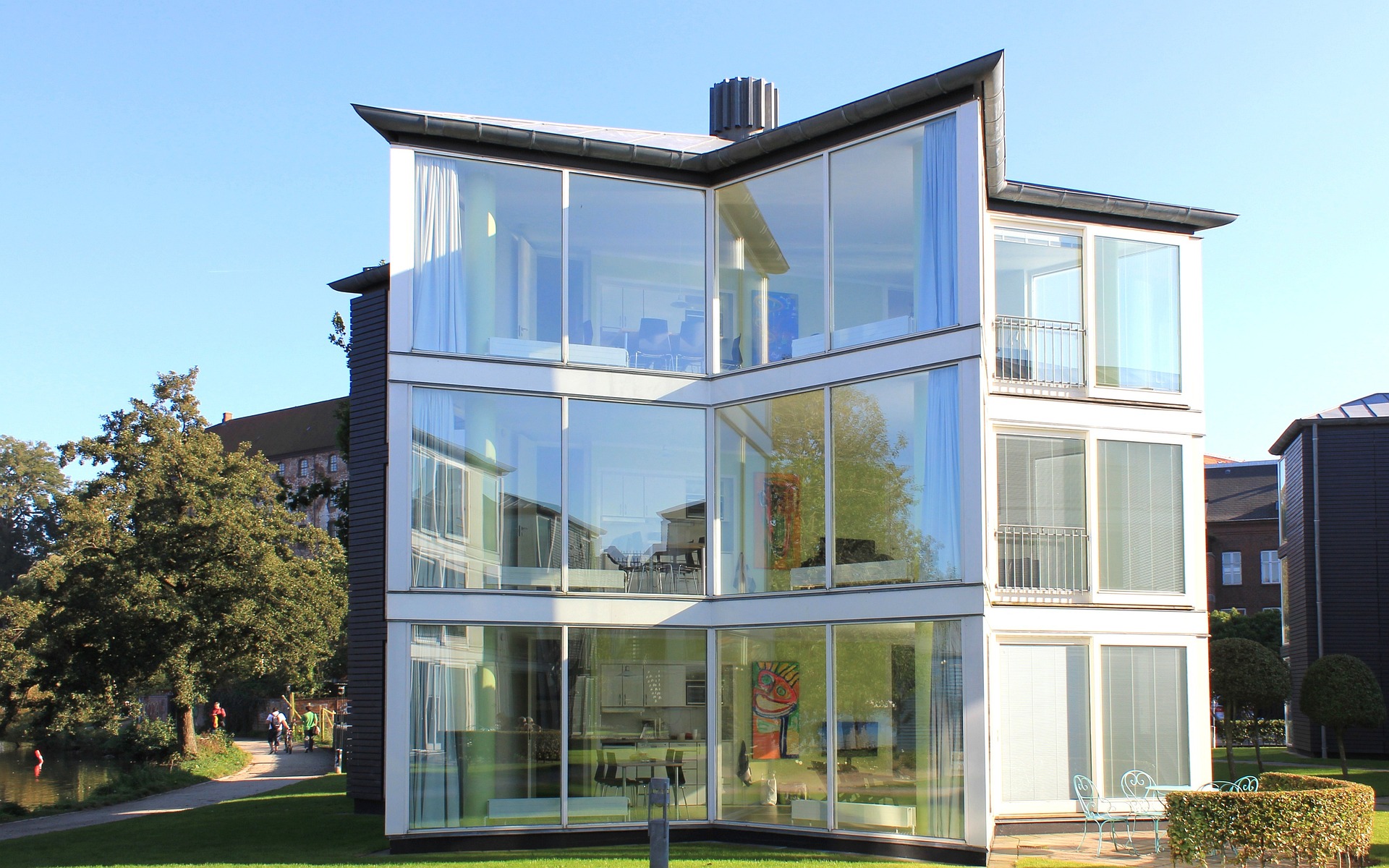Everything You Need to Know About Earning a Nursing Degree
A nursing degree prepares students for a rewarding career in healthcare, providing essential medical knowledge and hands-on training. Programs range from associate to doctoral levels, with career paths in hospitals, clinics, and specialized fields. Nursing graduates play a vital role in patient care and have strong job prospects. With dedication and the right education, a nursing degree can open doors to a stable and fulfilling profession.

Start Your Healthcare Career with a Nursing Degree!
A nursing degree is your gateway to a world of possibilities in healthcare. From providing direct patient care to shaping healthcare policies, nurses play a pivotal role in the medical field. The journey begins with choosing the right nursing program that aligns with your career goals and personal circumstances. Nursing degrees range from associate’s to doctoral levels, each offering unique advantages and career prospects.
Nursing Degrees: Programs and Pathways
There are several types of nursing degrees available, catering to different career aspirations and educational backgrounds:
-
Associate Degree in Nursing (ADN): This two-year program is the fastest route to becoming a registered nurse (RN). It’s ideal for those looking to enter the workforce quickly.
-
Bachelor of Science in Nursing (BSN): A four-year degree that provides a more comprehensive education, including leadership and critical thinking skills. Many employers prefer BSN-prepared nurses.
-
Master of Science in Nursing (MSN): This advanced degree is for RNs seeking specialization or leadership roles, such as nurse practitioner or nurse educator.
-
Doctor of Nursing Practice (DNP): The highest clinical nursing degree, focusing on advanced practice, leadership, and healthcare system improvement.
-
PhD in Nursing: A research-focused doctoral degree for those interested in conducting nursing research or teaching at the university level.
Your Path to Becoming a Nurse – Nursing Degree Explained!
The path to becoming a nurse typically involves the following steps:
- Choose your desired nursing degree program.
- Complete prerequisite courses if required.
- Apply to accredited nursing schools.
- Complete your chosen nursing program, including clinical rotations.
- Pass the National Council Licensure Examination (NCLEX).
- Obtain state licensure to practice as a registered nurse.
After becoming licensed, many nurses continue their education to specialize or advance their careers. Continuing education is often required to maintain licensure and stay current with evolving healthcare practices.
Earn a Nursing Degree and Make a Difference in Healthcare!
Nursing is more than just a job; it’s a calling to serve others and improve lives. With a nursing degree, you’ll be equipped to:
- Provide compassionate care to patients in various healthcare settings
- Collaborate with interdisciplinary healthcare teams
- Advocate for patient rights and health equity
- Contribute to improving healthcare outcomes and patient safety
- Pursue specialized roles in areas like pediatrics, oncology, or critical care
Nursing degrees also offer flexibility, allowing you to work in diverse settings such as hospitals, clinics, schools, or even from home as a telehealth nurse.
- Nursing programs combine classroom learning with hands-on clinical experience
- Many schools offer online or hybrid options for increased flexibility
- Accelerated programs are available for those with a bachelor’s degree in another field
- Nursing scholarships and financial aid options can help offset educational costs
- The demand for nurses is projected to grow, offering job security and opportunities for advancement
| Nursing Degree | Duration | Career Opportunities | Median Annual Salary (2020) |
|---|---|---|---|
| ADN | 2 years | Staff Nurse, Clinic Nurse | $75,330 |
| BSN | 4 years | RN, Specialty Nurse, Nurse Manager | $75,330 |
| MSN | 2-3 years post-BSN | Nurse Practitioner, Clinical Nurse Specialist | $117,670 |
| DNP | 3-4 years post-MSN | Advanced Practice RN, Healthcare Executive | $117,670+ |
Want to Become a Nurse? Here’s How a Nursing Degree Can Help!
A nursing degree is your key to a rewarding career in healthcare. It provides:
- Essential knowledge in anatomy, physiology, and pharmacology
- Critical thinking and problem-solving skills
- Hands-on clinical experience
- Understanding of healthcare ethics and patient care principles
- Opportunities for specialization and career advancement
- A strong foundation for lifelong learning in the ever-evolving healthcare field
By pursuing a nursing degree, you’re not just preparing for a job; you’re embarking on a lifelong journey of personal and professional growth. The skills and knowledge gained through nursing education will serve you well throughout your career, allowing you to adapt to new technologies, healthcare practices, and patient needs.
In conclusion, nursing degrees offer a clear pathway to a fulfilling career in healthcare. Whether you’re drawn to direct patient care, leadership roles, or advancing nursing research, there’s a nursing degree program that can help you achieve your goals. As the healthcare landscape continues to evolve, the demand for skilled, compassionate nurses remains strong, making now an excellent time to start your journey toward becoming a nurse.
This article is for informational purposes only and should not be considered medical advice. Please consult a qualified healthcare professional for personalized guidance and treatment.
The shared information of this article is up-to-date as of the publishing date. For more up-to-date information, please conduct your own research.




